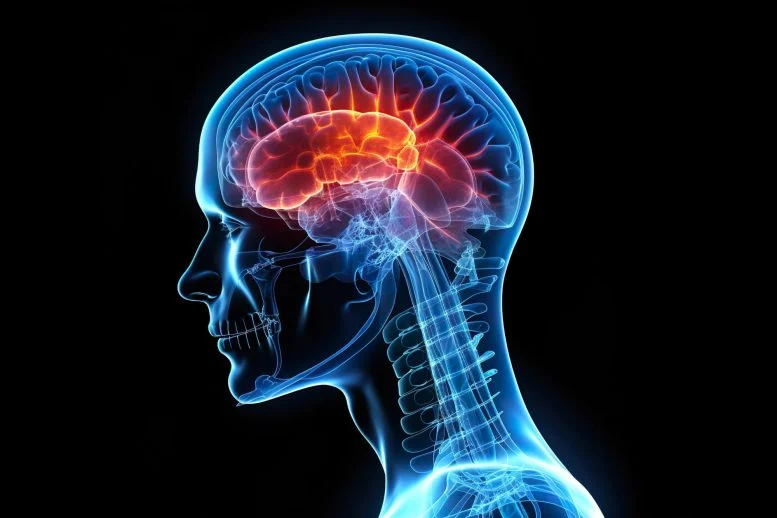New York, NY — While traditionally regarded as the sole memory bank of the human body, the brain may no longer hold this monopoly, according to new research published in Nature Communications. The study, led by Nikolay V. Kukushkin from New York University, has found that memory storage might also occur in other types of cells across the body, potentially reshaping how scientists understand memory and opening doors to novel treatments for memory-related disorders.
Kukushkin and his team discovered that certain non-brain cells could not only learn but also retain memories, much like neurons. “Other cells in the body can learn and form memories, too,” explained Kukushkin. This finding challenges the traditional belief that memory formation is restricted to the central nervous system.
The researchers found that non-brain cells responded to new information by activating a “memory gene” — the same gene that plays a critical role in memory formation within brain cells. Brain cells activate this gene in response to familiar patterns, restructuring their connections to encode memories. Similarly, non-brain cells showed an ability to respond to chemical pulses mimicking neurotransmitter bursts, demonstrating a memory-like process.
To observe this process in real time, the team engineered non-brain cells to produce a glowing protein, illuminating whether the memory gene was active. Results showed that, like neurons, these cells responded more effectively to information delivered in spaced intervals, a method well-known in cognitive psychology to enhance learning. When the pulses occurred at intervals, the memory gene stayed activated longer than when information was delivered in a single burst.
This response suggests that memory retention through spaced repetition — a technique often recommended for effective studying — may not be limited to brain cells. “The ability to learn from spaced repetition isn’t unique to brain cells,” Kukushkin noted, calling it “a fundamental property of all cells.”
The implications of these findings are vast, potentially changing how we view the body’s role in memory storage and learning. This study could pave the way for treatments that address memory-related afflictions by engaging the body beyond the brain. Kukushkin suggested that embracing this expanded perspective might help people “treat our body more like the brain” to enhance overall health and wellness.
As researchers continue to explore this unexpected realm of cellular memory, future studies could deepen our understanding of memory mechanisms across various types of cells, reshaping therapeutic strategies for cognitive and neurological disorders.











